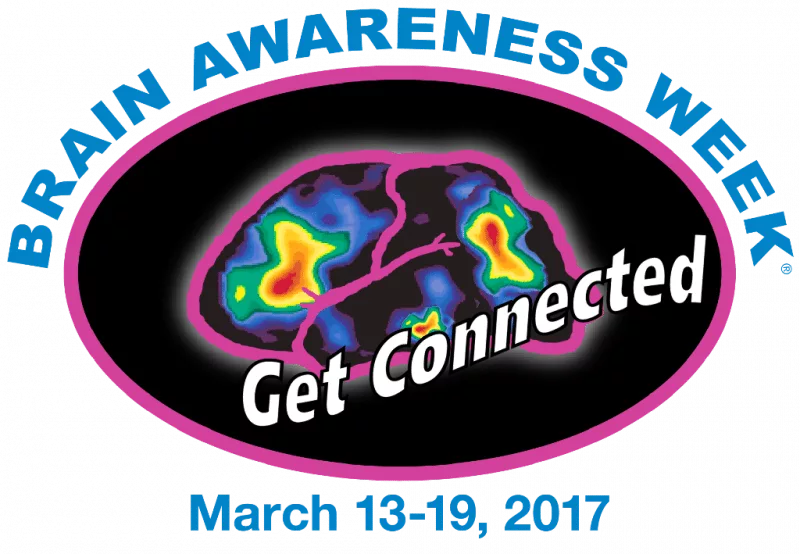
How can appropriately designed technology improve the quality of life of people living with dementia? How can they be provided with meaningful activities and engaging interactions?
On Monday, March 13th, at 6:00pm, the University of Regina Centre on Aging and Health will host our 2017 Brain Awareness Week event, which will be a presentation by Dr. Mark Chignell, Professor of Mechanical and Industrial Engineering, University of Toronto.
In his talk, Dr. Chignell will discuss the development and evaluation of two new families of products for improving the quality of life for people with dementia by creating sense of purpose with meaningful tasks: Ambient Activities based on Montessori principles where sensory-motor interactions are emphasized and reinforcement-learning-based tools (also known as Centivizers) that are being developed in the Interactive Media Laboratory at the University of Toronto using an iterative design approach.
Dr. Chignell will discuss some of the science behind the use of Ambient Activities and Centivizers, describe some of the design challenges, as well as some of the methods he and his team are using to evaluate and improve these systems. In addition, he will demonstrate some of these new technologies and will set up some design-related activities where participants can form requirements and explore design options based on their experience with, or knowledge of, dementia. The goal is to make this talk a joint learning experience where we can exchange ideas on how to improve quality of life and sense of purpose for people with dementia.

Creating a Sense of Purpose with Meaningful Tasks: How Can Technology Improve Quality of Life in People with Dementia?
Monday, March 13, 2017 at 6:00pm
Open to the public. Admission is free.
Classroom Building (CL) Room 110
Free parking is available in Lot 16 (click here for parking map)
For more information:
306-337-8477
CAH@uregina.ca
Twitter: @UofRAgingCentre

We just published a state of the art systematic review of pain assessment tools for people living with severe dementia. We provided recommendations for the most supported tools @AIGMcLennan @UofRegina https://www.sciencedirect.com/science/article/pii/S0272735826000139?via%3Dihub
The Winter 2026 CAH Newsletter has stories about:
Research on menopause with Canada Research Chair Dr. Jennifer Gordon, upcoming CAH spring public events, CAH relaunching research participant pool, CAH Director inducted as Fellow of the RSC, and more!
https://research.uregina.ca/cah/newsletters/issue-41/
Congratulations to #URegina's @DrThomasHadjist, newly elected as a Fellow of the @src_rsc. His groundbreaking work is improving care for older adults with #dementia and chronic pain worldwide.
📺 Watch the video below, and learn more in Discourse: 📖 https://bit.ly/3WWYQbC
Two #URegina researchers have been elected Fellows of the @src_rsc — the country’s highest academic honour. 👏
Congrats to Dr. @rncarleton and @DrThomasHadjist, whose research is improving lives across Canada and beyond.
Learn more in Discourse:

Two U of R academics honoured | Discourse Magazine
Two University of Regina researchers elected Fellows of the Royal Society of Canada
bit.ly
📅 Mark your calendars! Join us on Dec 10 for a webinar that explores how building design & operation can protect older adults’ health against extreme heat and wildfire smoke events.
🔗 Don’t miss out—register today: https://shorturl.at/IQwQg
Deeply honoured to join the Royal Society of Canada. I am grateful to an extraordinary team of collaborators and trainees who have helped advance our research on pain in dementia. Proud of what we’ve built, and motivated for what’s next.